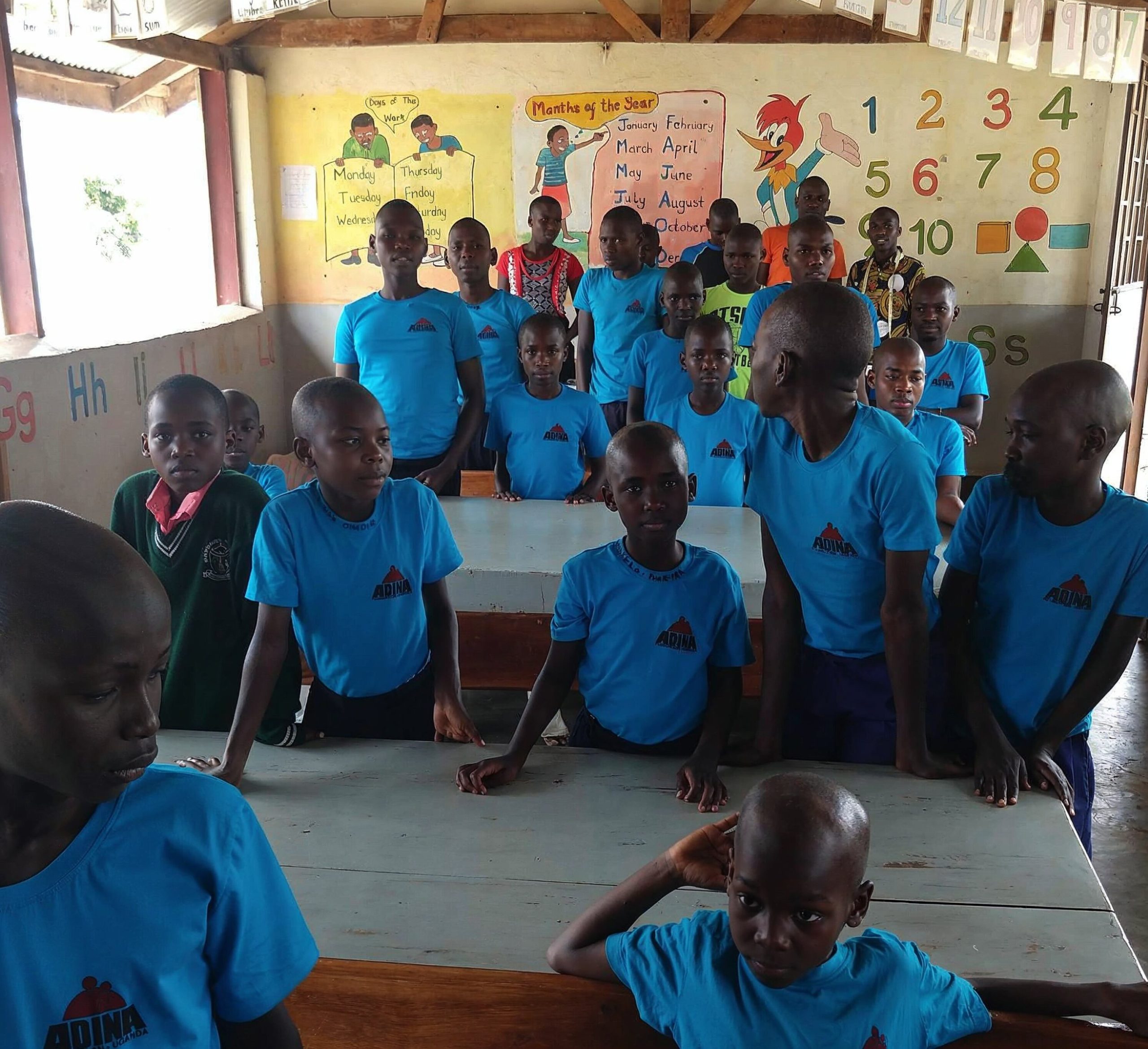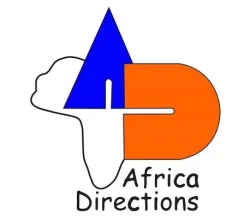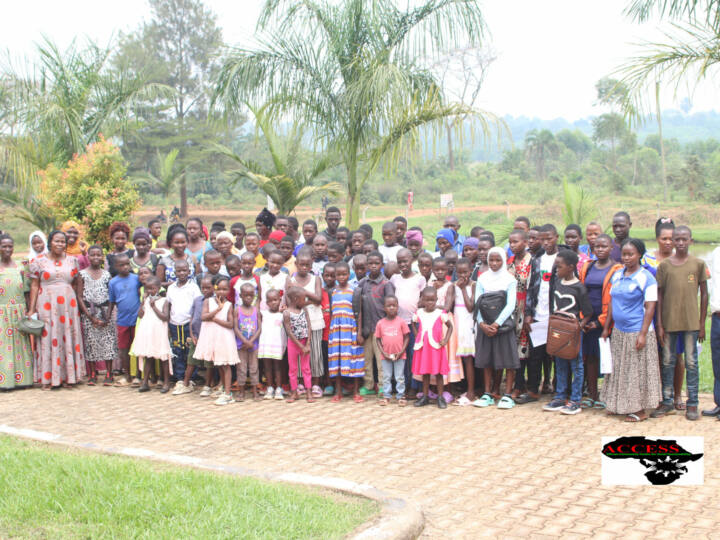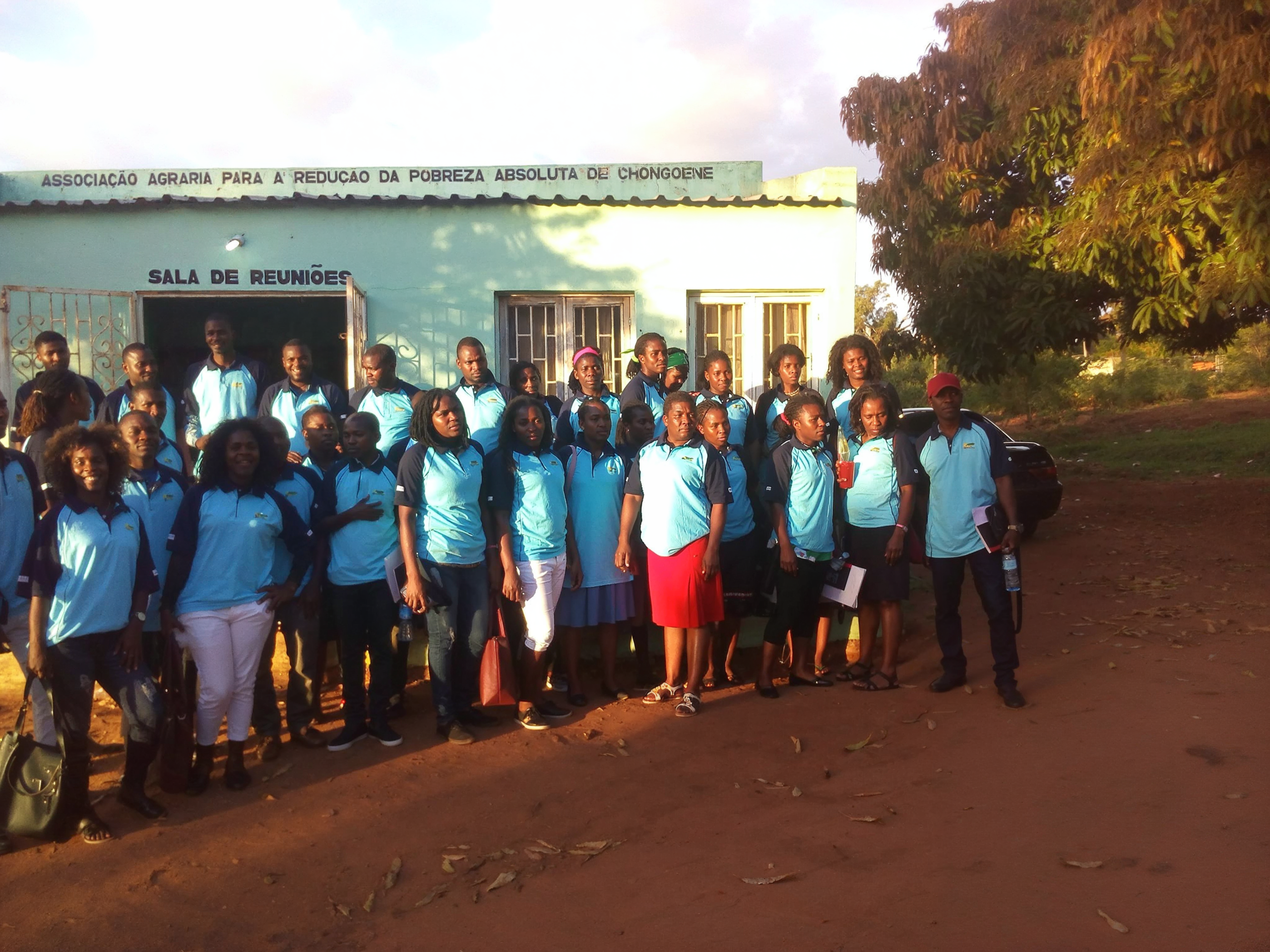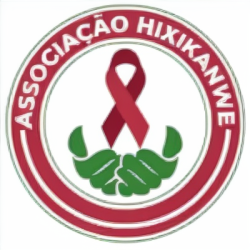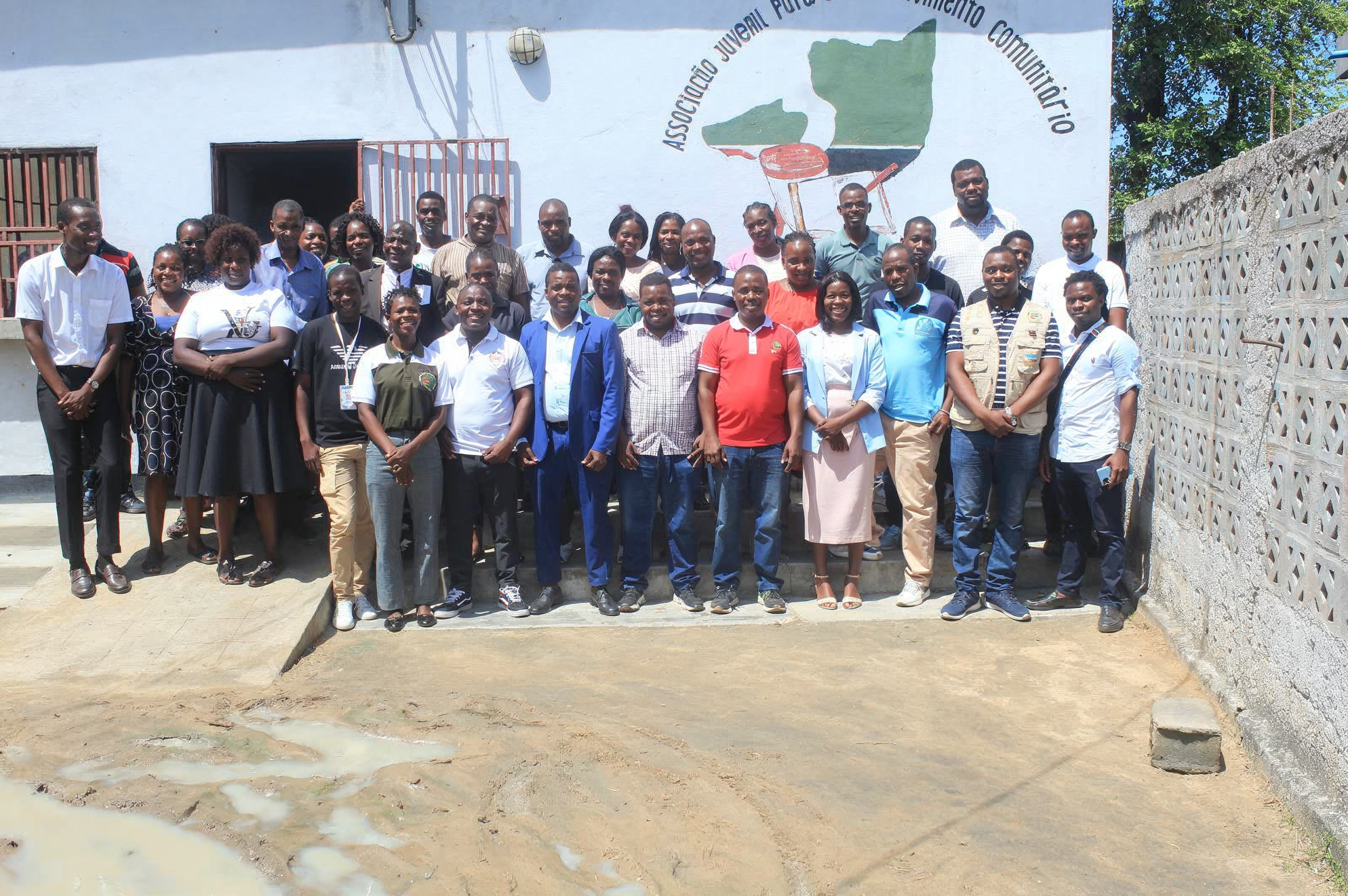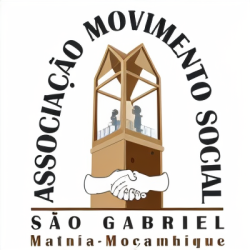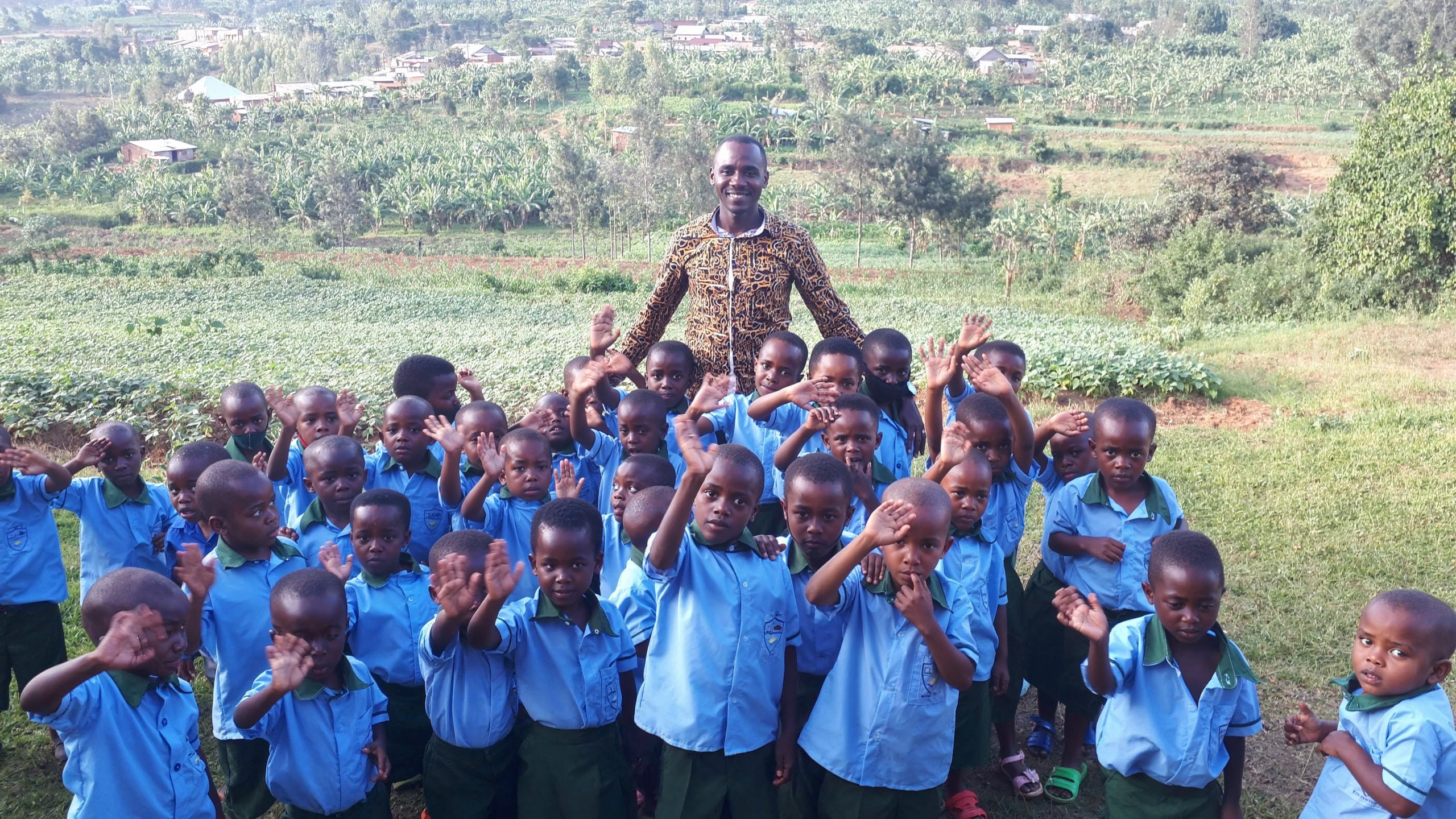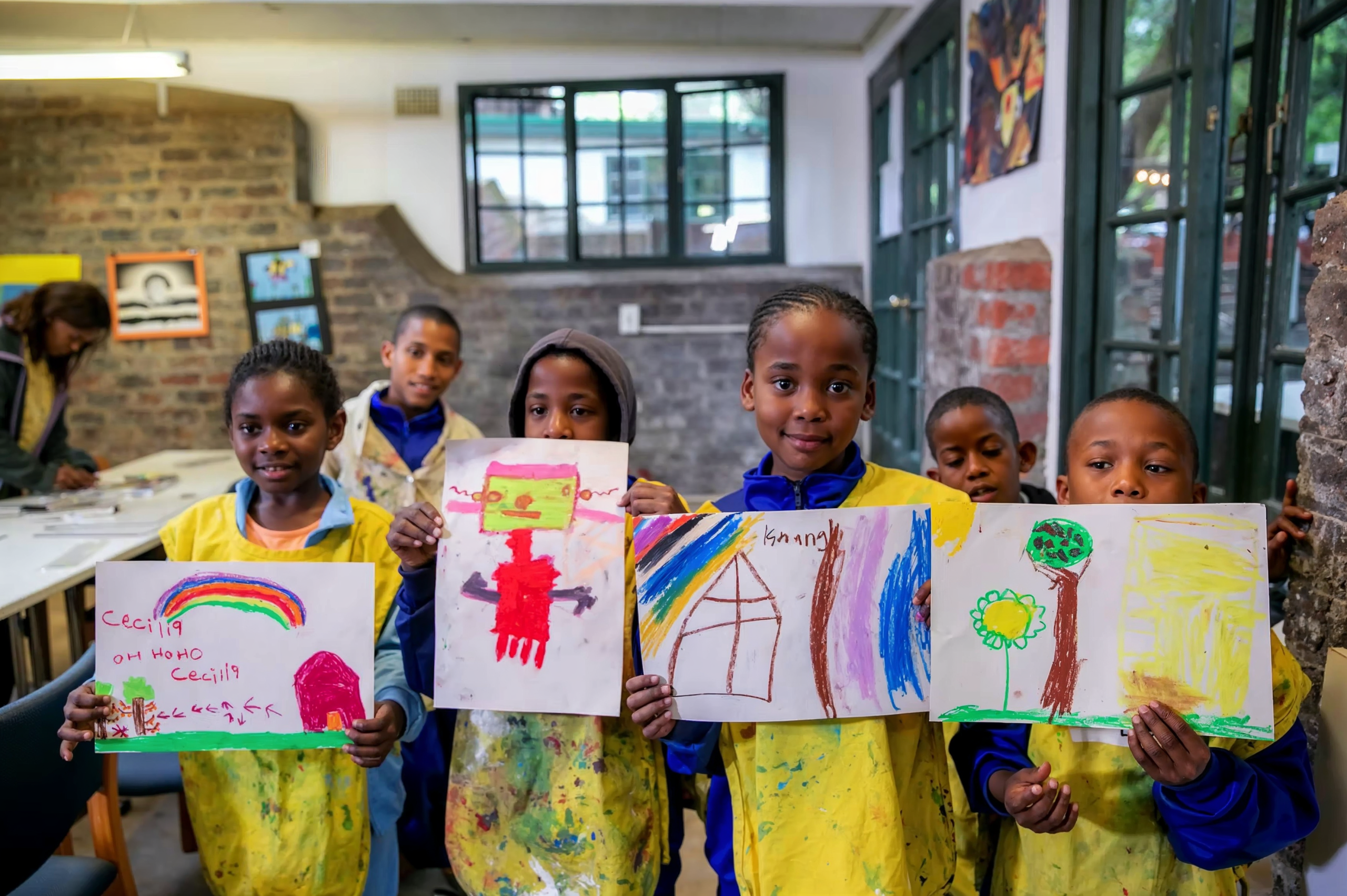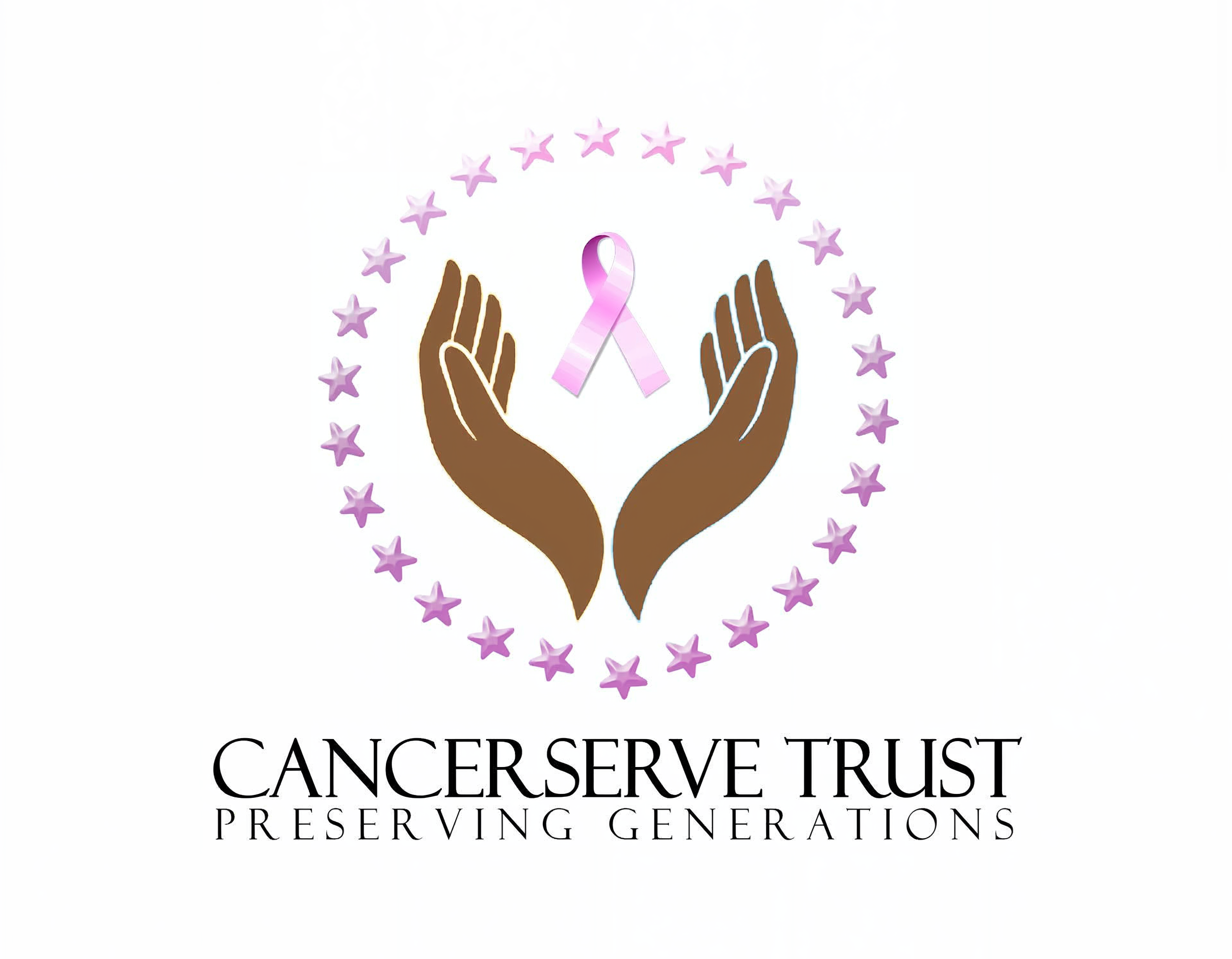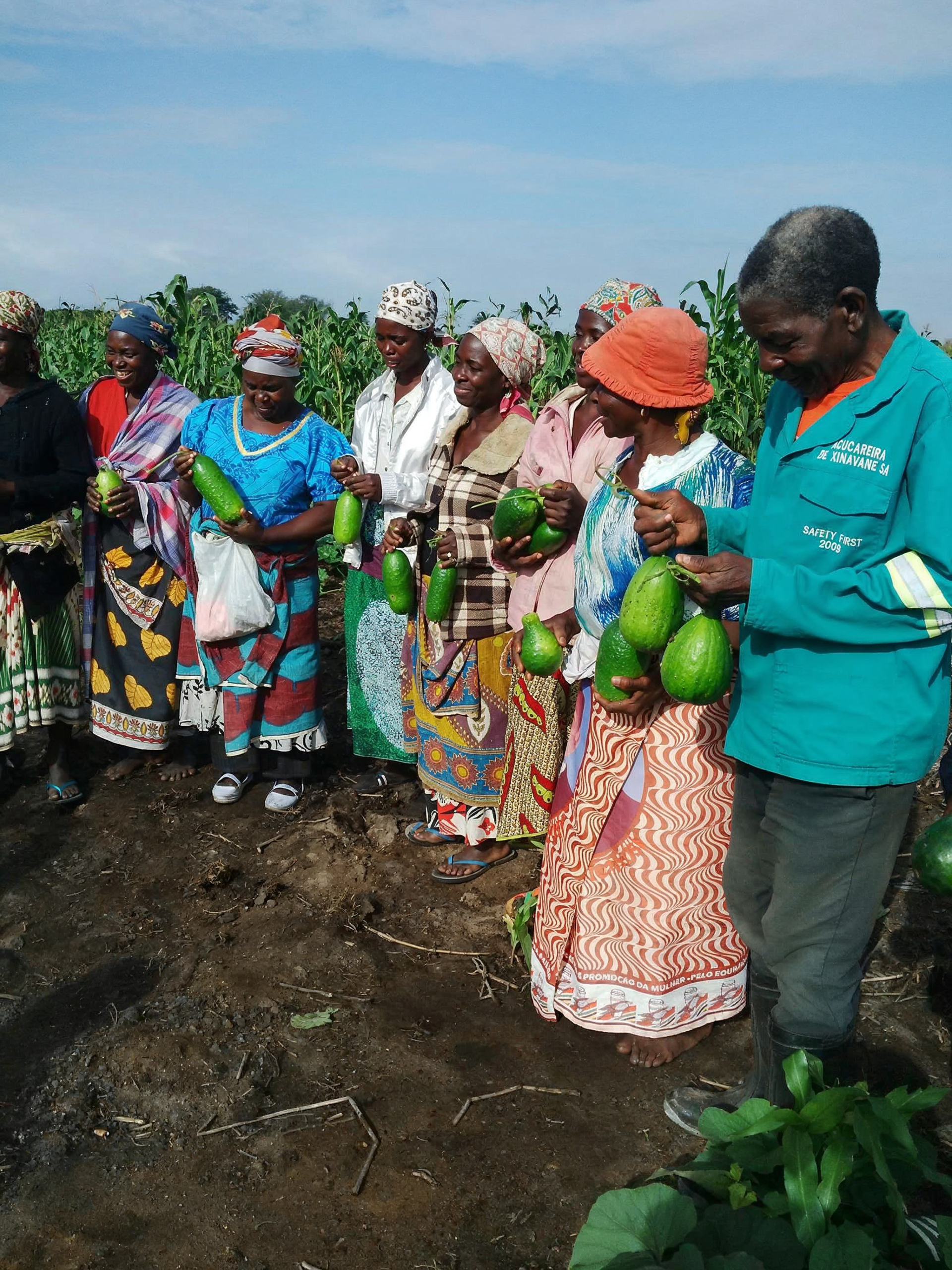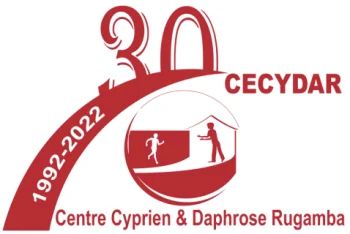Associação Movimento Social São Gabriel (MSSG) provides early childhood development and education services, nutritional support, and after-school activities for vulnerable children and youth in Matola City.
-
Adina Foundation
Donate nowAdina Foundation provides comprehensive physical therapy services, psychosocial support, and quality education for children and youth living with physical and emotional disabilities. They also offer support to caregivers through economic psychosocial support programs.
Adina serves children living in Kampala and in several districts across Northern Uganda.
-
Africa Directions
Donate nowSupporting Zambian youth
Africa Directions supports children and youth in high-density communities of Lusaka City and the rural Luapula province in Zambia, areas characterized by a high prevalence of HIV/AIDS. Their activities are aimed to build the capacity, skills, and confidence of the young people they serve.Every day over 500 youths, aged 4-26, pass through Africa Direction’s three community centers, accessing a wide range of services including sports, peer education, drama, sexual reproductive health services and information, voluntary counseling and testing, legal advice, life skills trainings and a host of other clubs and recreation activities.
-
African Community Center for Social Sustainability
Donate nowEmpowering the community through health and education
African Community Center for Social Sustainability (ACCESS) works alongside their community of Nakaseke to provide medical care, education, and economic empowerment opportunities to orphans and to children and their caregivers, with an aim to create long lasting, sustainable change. ACCESS has established a walk-in healthcare clinic in the community as well as an accredited nurse and midwifery school and community health worker program. They also provide early childhood education and secondary school support and income generating opportunities. -
Associação Agrária para a Redução da Pobreza Absoluta de Chongoene (AREPACHO)
Donate nowAssociação Agrária para a Redução da Pobreza Absoluta de Chongoene (AREPACHO) provides orphans, caregivers, and victims of gender-based violence and child marriage with early education, livelihood support, and access to child protection, health, and counseling services in Gaza Province.
-
Associação Hixikanwe
Donate nowSupporting communities affected by HIV/AIDS
Associação Hixikanwe started as a small support group for women in Maputo Province affected by HIV/AIDS. The group transformed into an organisation providing psychosocial support, economic strengthening, and prevention activities. Hixikanwe uses the research-based Community Adherence Treatment Supporters (CATS) model, to support adolescents on antiretroviral treatment. -
Associação Juvenil Para Desenvolvimento Comunitário- Anandjira
Donate nowAnandjira provides parents, youth, and women living in neighborhoods prone to water-related diseases with access to early childhood care, sanitation, sexual reproductive health, and HIV education services, and livelihood support.
Their services support communities in the districts of Beira, Dondo, Nhamatanda, Buzi, and Marromeu.
-
-
Bridge of Hope
Donate nowGiving Hope to the hopeless
Bridge of Hope was established in 2018 in the Rwamagana District with the mission of supporting underprivileged children through a holistic development approach. Their programmes address all aspects of a child’s well-being—educational, physical, emotional, moral, and social.From early childhood to early adulthood, Bridge of Hope empowers young people through education, child protection, and health and nutrition initiatives. The organisation also extends its impact to the wider community by offering psychosocial support and promoting micro-enterprise activities.
-
Butterfly Art Project
Donate nowSupporting children’s healing from trauma through art
The Butterfly Art Project trains and mentors Community Art Facilitators (CAFs) to provide psychosocial support through art therapeutic classes to children in communities of the Western Cape, KwaZulu Natal, Gauteng, and Northern Cape. CAFs’ therapeutic art classes help children to stabilise by developing healthy coping mechanisms for processing stress and healing from trauma. -
Cancerserve
Donate nowCancerserve, a registered Private Voluntary Organisation established in 2018, brings together professionals, cancer survivors, families, healthcare stakeholders, and well-wishers united in the fight against cancer in Zimbabwe and beyond. Through early detection, patient support, and community education, Cancerserve works to save lives and improve the quality of care for those affected by cancer.
We are now seeking to raise $10,000 to expand the Community Cancer Awareness and Screening Initiative, bringing lifesaving early detection and support services to vulnerable communities.
Your gift will help more families catch cancer early, access treatment sooner, and live longer, healthier lives.
-
Cáritas Regional De Chokwe
Donate nowCáritas is dedicated to empowering rural communities in Mozambique’s Gaza Province by providing access to education, healthcare, psychosocial support, and nutritional programmes. At the heart of its mission is a commitment to improving the wellbeing of orphaned and vulnerable children.
To strengthen the safety net of care, Cáritas also equips caregivers and guardians with sustainable farming skills, start-up capital, and improved housing and sanitation through the construction of homes and latrines. By addressing both immediate needs and long-term resilience, the organisation ensures families can build stability and hope for the future.
This campaign seeks to raise $10,000 to expand Cáritas programmes in Gaza Province, funding food support and farming inputs for vulnerable children and their caregivers. Your support will help rural families overcome hardship and create lasting change.
-
Centre Cyprien et Daphrose Rugamba
Donate nowCentre Cyprien et Daphrose Rugamba (CECYDAR) transforms the lives of vulnerable children living on the streets in Remera, GASABO District, Kigali, through rehabilitation programs, individual and group psychosocial support, education, and life skills training.
CECYDAR prioritises reuniting children with their family members and provides training sessions to aid in the rebuilding of the parent-child relationship.

